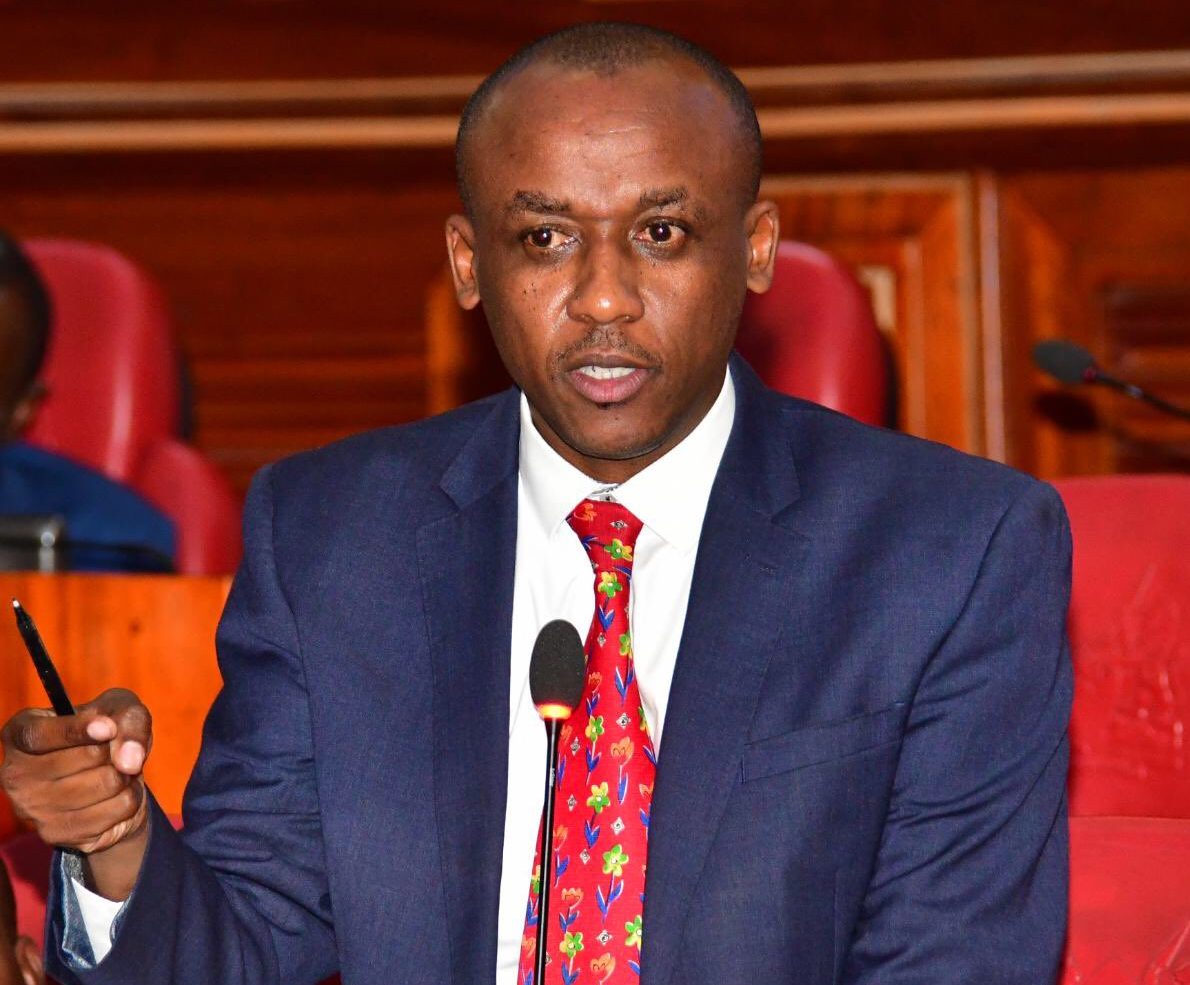Health care sector got a shot in arm during his watch

Mwai Kibaki was one of the few politicians who left an indelible mark in all the positions they held. After the 1988 General Election, President Daniel arap Moi demoted Kibaki from the vice presidency and appointed him Minister of Health.
He took the position without much fuss. Kibaki was thrown in the thick of things in the ministry, which at that time, was struggling with the spread of HIV/ Aids. The disease was spreading fast due to a lack of sound information and open discrimination of patients even in hospitals.
It was now his responsibility to come up with practical policies to curb the spread of the disease. He even coined the popular phrase “watu waache kutanga tanga” people should avoid wayward behaviour. Immunisation More than a decade later, Kibaki became president after winning the 2002 General Election.
In his inaugural speech, he pledged to, among other policies, improve healthcare services. Kibaki inherited a country with high poverty, crippling domestic debt, growing HIV/ Aids prevalence, poor infrastructure and runaway corruption and mismanagement.
In 2002, immunisation coverage for children against TB, diphtheria, polio, tetanus and measles stood at 47 per cent. When he left office in April 2013, the rate had risen to 83 per cent. On March 24, 2003, Kibaki pledged to establish and chair a committee on HIV/ Aids as part of the State’s war against the disease.
Kibaki said Aids was “one of the biggest single challenges to development in our nation” adding that the disease must be confronted by all means.
“We cannot afford to sit back and watch as the pandemic ravages our nation. We must mobilise our people and make them play their rightful roles in strategies and interventions aimed at reducing HIV infections,” he said.
At the time, the Health ministry statistics indicated that three Kenyans were dying of Aids-related causes every five minutes and an estimated 700 people dying of the disease per day.
On February 23, 2004, during the National Women’s Conference on HIV/Aids in Nairobi, Kibaki waived taxes on sanitary towels. The high cost of sanitary pads, largely blamed on the 16 per cent VAT and other related taxes, was pushing girls and women to resort to unhygienic methods.
Two years earlier, the Health ministry had introduced a minimal user fee for primary healthcare facilities. The National Social Health Insurance Fund Bill would be introduced in 2004 by the then Minister of Health Charity Ngilu to replace the National Hospital Insurance Fund (NHIF).
According to the bill, the social health insurer was to be funded by donors, taxes and member contributions. It also proposed that the State pays Sh11 billion to the NHIF annually to meet the insurance costs for the poor.
President Kibaki, however, rejected the Bill after intensive lobbying by the private insurers, citing the implications of the huge cost on the economy.
“The bill had problems related to technical design, affordability, implementation and sustainability,” he said. And just like that, his 2002 pledge for universal healthcare coverage came crumbling down. NHIF contributions In October 2006, Kibaki’s government launched its new development programme, Vision 2030. Consequently, a new sessional paper (No. 7) on “Universal Health Coverage” proposed the transformation of the National Hospital Insurance Fund (NHIF) into a National Health Insurance Fund.
But just like others before it, the paper failed to pass through Parliament. NHIF would later raise workers’ contributions from Sh320 to a graduated scale of between Sh500 and Sh1,700 per month based on each worker’s monthly pay, introducing outpatient cover for contributors and enhanced benefits for specialised treatment such as cancer and dialysis.
In July 2011, Kibaki inaugurated the Aga Khan University Hospital’s Heart and Cancer Centre in the presence of His Highness the Aga Khan.
The Sh50 million facility was hailed as a game-changer in the fight against the monster that had started penetrating the length and breadth of the country.
Kibaki’s performance in the health sector after 10 years in office was capped by a decline in HIV/Aids transmission rates. About 500,000 patients were on anti-retroviral drugs compared to 10,000 ten years before. More than 20 million mosquito nets had been distributed reducing the spread of malaria-endemic.















